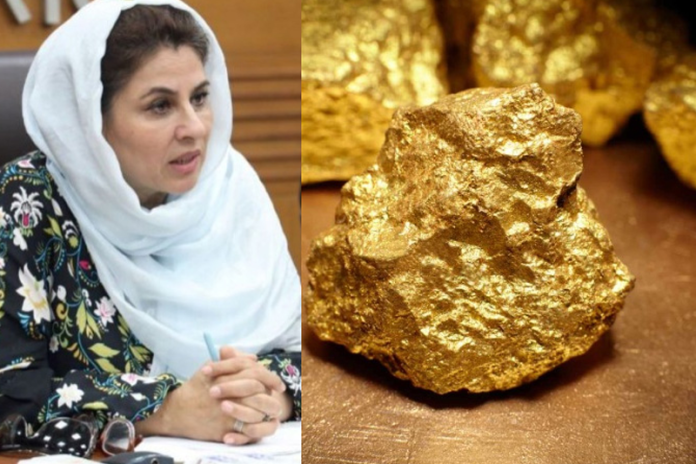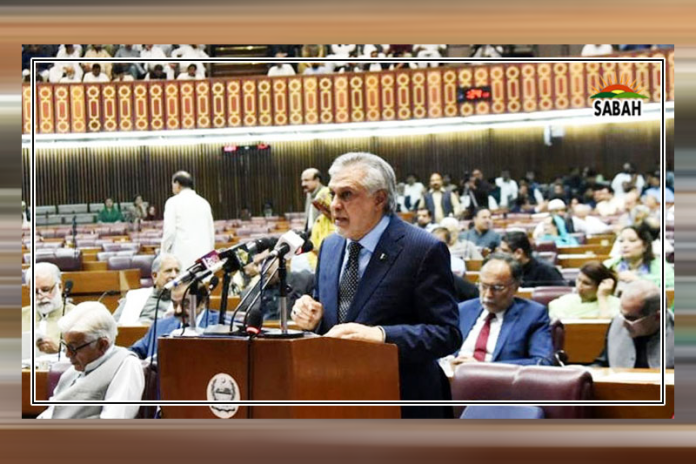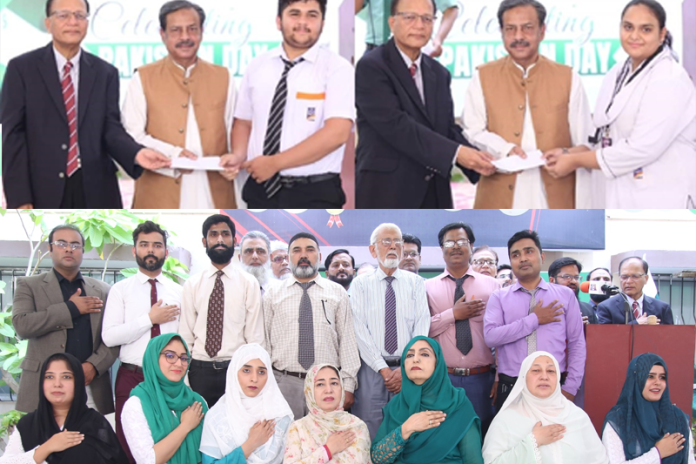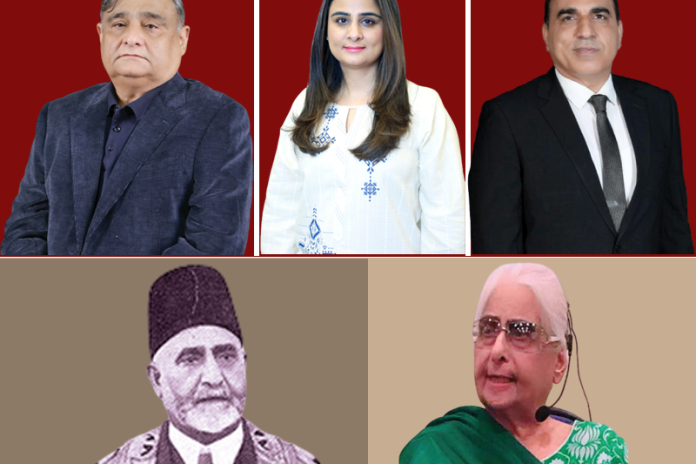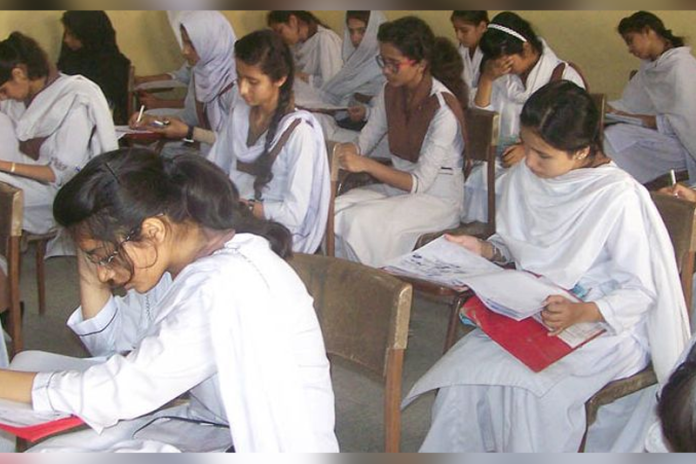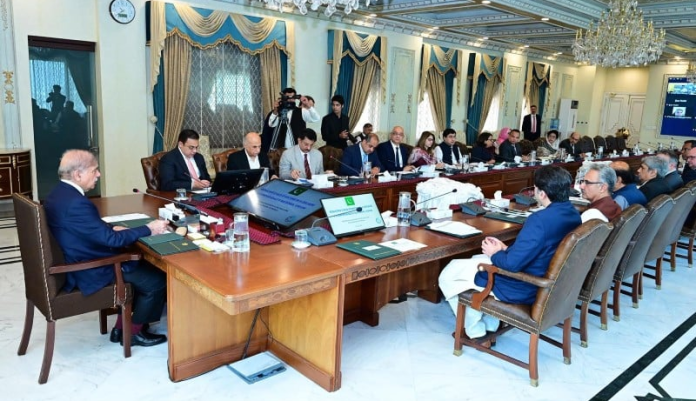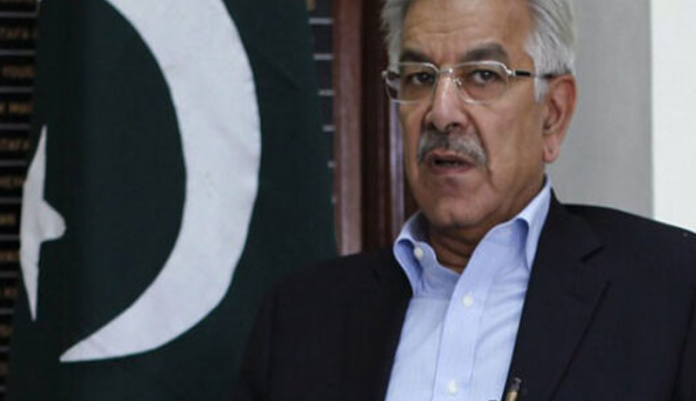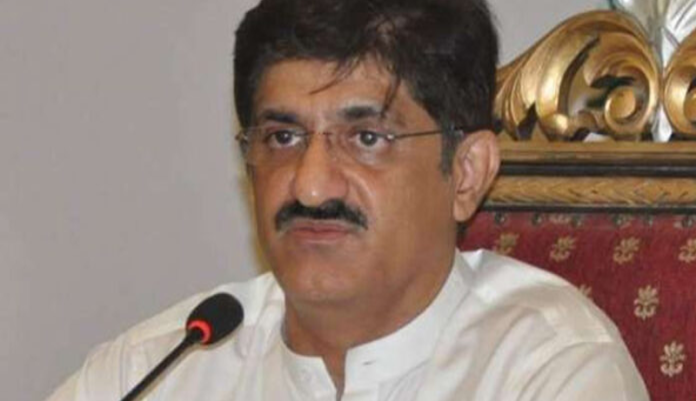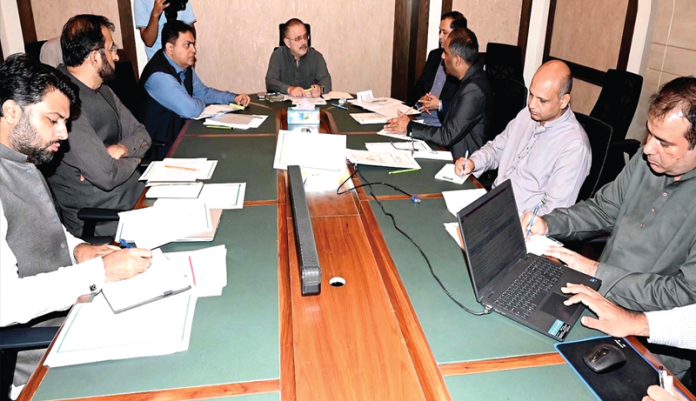Pakistan's maiden lunar mission
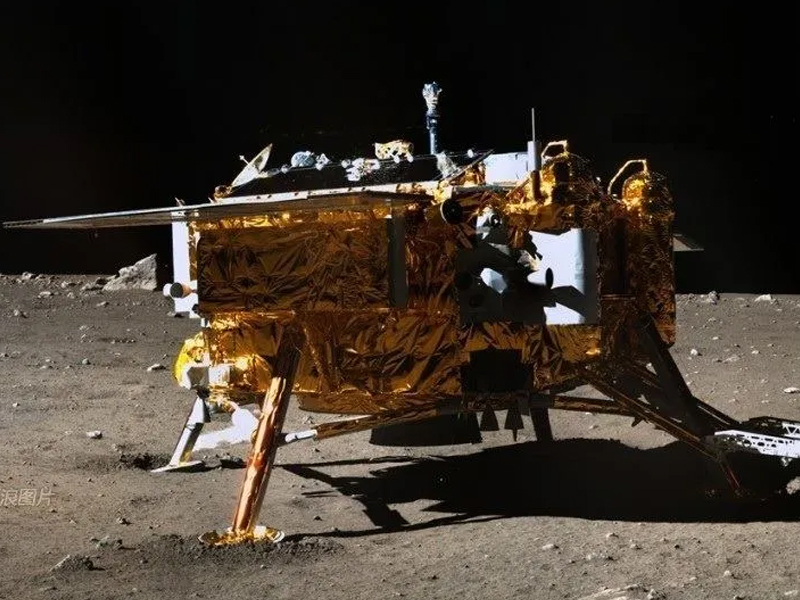
- 30
- 0
The departure of Pakistan's satellite iCube-Qamar the other day with China's space mission Chang'e 6 to reach the moon and thus achieving the status of the country as the sixth country in the world in the field of space exploration is certainly an important milestone for the Pakistani nation. The experts have rightly called this development Pakistan's first step into space. All our scientists and researchers who have rendered services in this regard deserve hearty congratulations from the entire nation. This revelation by Samar Abbas, the General Manager of the Institute of Space Technology, who developed the ICube Qamar in a short period of two years, is a proof of the high capabilities of our scientists that in 2022, the Chinese National Space Agency through its Asia Pacific Space Corporation Organization Eight member countries Pakistan, Bangladesh, China, Iran, Peru, South Korea, Thailand and Turkey were given a unique opportunity to reach the lunar orbit for free, but only Pakistan's plan was accepted.
Billions of stars, planets and galaxies are located in the unimaginable expanse of space, what are its mysteries and how can a person living on earth use this space?
Multi-resource countries have been actively working in this direction for the last several decades. Their space stations have proved to be a source of valuable additions in many fields of scientific research besides the amazing development in information technology, while other countries of the world are trying to directly participate in the space research race. The Pakistan Space and Upper Atmosphere Research Commission has been established in Pakistan since 1961 and is working to achieve various goals in which it has received special support from China.
iCube-Qamar has been established by the Institute of Space Technology with the cooperation of Shanghai University of China and SPARCO. It is the world's first mission to retrieve samples from the other side of the Moon. Pakistani satellite iCube-Qamar is equipped with optical cameras. After successfully passing through the testing and qualification phase, iCube Qamar has been attached to China's Cheng 6 mission. Dr. Khurram Khurshid, member of the Core Committee of the Institute of Space Technology has said that the satellite will reach the moon's orbit in five days and will orbit around the moon for three to six months. With the help of the satellite, different images of the moon's surface will be taken, after which Pakistan will have its own satellite images of the moon for research.
According to Dr. Khurram Khurshid, the satellite belongs to Pakistan and we will use its data, but since it is being sent to the moon using China's network, Chinese scientists will also be able to use this data.
Although this is a small satellite, it will pave the way for bigger missions in the future. Becoming the sixth country to send its satellite into space after becoming the seventh nuclear power among more than two hundred countries in the world is undoubtedly a great honor for the entire Pakistani nation and a testament to its high capabilities.
If our youths are provided with quality education system and resources like developed countries, such scientists and researchers can be prepared in large numbers who will make significant progress in the field of space research, apart from the energy crisis, water scarcity, can find new ways and means of addressing issues such as relatively low agricultural production, climate change, and industrial innovation.
It may be recalled here that prominent scientists, who are internationally renowned for thier numerous and remarkable research efforts, has always been laying emphasis on the education on scientific lines of youth.
There are number of science figures who are undoubtedly the pride of Pakistan, and they always that for the development of the dear country and the pride in the world, it is necessary to establish such an education system throughout the country that guarantees to pave the way for every Pakistani student to become like him.
For instance, Dr Atta ur Rehman has more than over one thousand publications to his name in the field of organic chemistry, full of unique research and many have international patents which is a unique contribution on his part to the field of science.
Time has come the nation should act on his advices regarding giving special attention to the promotion of science. One would be advocating new measures and comes up with series of plans and suggestion in this regard but the irony is that the successive governments could not work on his suggestion as he wants that the governments should allocate more and more funds for the field of promotion of science if we want to make real progress in the comity of nations.
Pakistan has a long list of science PhD students who have completed their degrees in sciences under Dr Atta's guidance and supervision.
Recently, speakers at the Annual Surgical Conference in Pakistan hosted by KU, termed science as key to success and called upon to think critically and share their ideas on what they think as it is ideas which can be developed into long range researches.
The purpose to say is that scientific education is key to success. Our country is rich in talent and the launch of the iCube Qamar is the proof in this regard.
The irony is that we are not focussing on issue like space technlogy and also the IT technology which have emerged as key sectors in current global scenario.
Our arch-rivals India have already been to moon and are back to earth.
India is also ahead of us in the IT sector, with its youth have grabbed a good portion of the IT ector, particularly the e-commerce globally.
However, our youth are more talnted than India's and what we need is to provide them opportunities to come to the fore.
The spcace reserach organisations in India and Pakistan have been established in the sixtees. India established its Indian Space Research Organisation (ISRO) in 1969, while the Pakistan’s Space and Upper At,mosphere Research Commission (SUPARCO) was set up eight years before India's, i.e. in 1961.
The mind behind the formation of SUPARCO was the Pakistan's Nobel Laureate and Pakistan's pride Dr Abdus Salam, who had convinced the then President Field Marshal Muhammad Ayub Khan, to set up a Space Sciences Research Wing within Pakistan Atomic Energy Commission,which was changed into SUPARCO few years later.
In this way, it was none other than Dr Abdus Salam who helped establish our first space organisation and that too eight before India's space organisation.
During the Ayub's era, Pakistan also launched an unmanned rocket titled Rehbar-I from Sonmiani. It was launched with the help from NASA.
In this way, Pakistan emerged as the third country in entire Asia, and thefirst in South Asia to have launched such a statellite.
However, we could not proceed with same zeal afterwards and India which had launched its space programme eight years later than us, continue to focus on the space technolgoy and went ahead of us.
And now we are lagging behind them which can be guaged from the fact that India is now producing satellites on its own have also put its orbiter in Mars’s orbit but we are far behind India.
But the positive thing is that once again we are paying attention to the space technolgy and the moon mission is the first step in this regard.
Most of this work in Pakistanis being done with the help of CHina and our latest statellite Paksat-1R, was also made possible with the help of our time-tested friends China.
Our neighbours India are also ahead of us in the IT sector and have fetched up eight percent shared in e-commerce. So time has come to speed up efforts and foucs on IT and space technology.
Published in The Daily National Courier, May, 06 2024
Like Business on Facebook, follow @DailyNCourier on Twitter to stay informed and join in the conversation.










